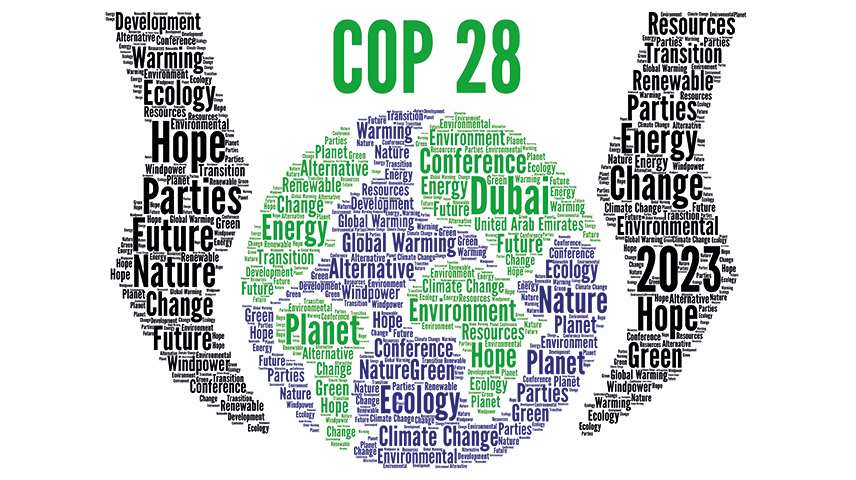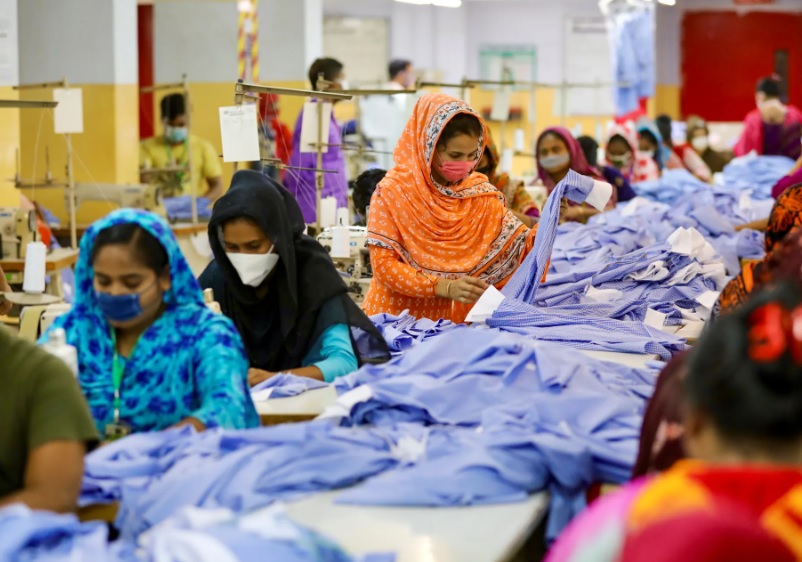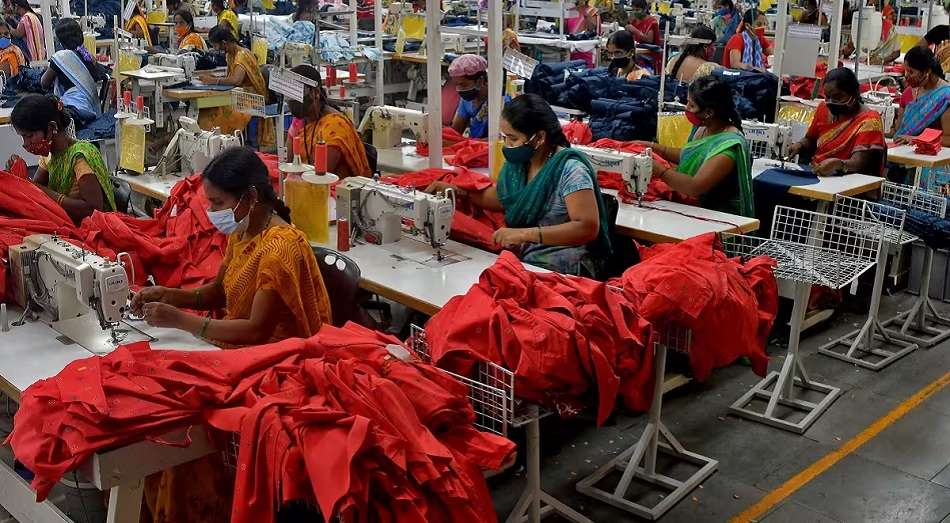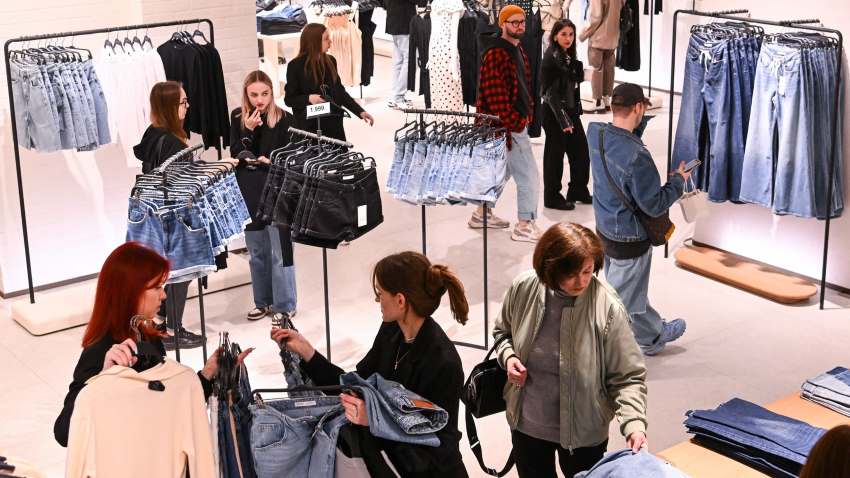
“COP28, coined as 'the financial focus COP,' will centre its discussions on vital financial and investment matters, highlighting the pivotal involvement of businesses in propelling climate action to preserve the target of limiting global temperature increase to 1.5°C”, says Dax Lovegrove, Head of Sustainability, Salterbaxter, a mission-driven creative consultancy at the service of sustainability. The forthcoming conference of the parties meeting remains committed to addressing challenges related to corrective climate measures. COP28 is set to conduct a global evaluation to provide guidance to governments on fortifying efforts to meet the goals outlined in the Paris Agreement.
Meeting targets as per defined time-table
Lovegrove points out, there is a global demand for a well-defined timetable to phase out unchecked use of fossil fuels permeating the conference discussions. The attention is also significantly directed towards the decarbonization of food and agricultural systems.
Regarding adaptation, there are persistent endeavors to establish a tangible loss and damage fund, articulate the global objective for adaptation within the Paris Agreement, and solidify commitments from developed nations to boost international financing for adaptation. The scrutiny on the progression of financial support from wealthier to more vulnerable nations will persist.
“The pressure remains on nations (especially rich ones) to do more” says Lovegrove. And businesses are expected to step up. They can drive corrective climate action from their side by managing extended impacts and providing financial support across global value chains.
Corporates failure to act
Over 2,300 corporations have obtained approval for science-based targets through the Science Based Target Initiative (SBTI). However, a significant number are falling short in addressing the major portion of their ecological footprint—Scope 3 emissions. These emissions do not directly emanate from the company's operations or activities involving owned or controlled assets. Instead, they arise from the broader supply chain, for which the company holds indirect responsibility, often representing the primary area of concern.
As per the CDP, emissions originating from the supply chain can be 11 times higher than operational emissions. Surprisingly, less than one-third of companies worldwide disclose meaningful Scope 3 data, as recommended by ISS Corporate Solutions. Notably, action on Scope 3 is also limited. A European report from Centrica Business Solutions indicates being proactive in Scope 3 management is not a top priority, with 68 per cent of surveyed businesses primarily prioritizing Scope 1 and 2 in their net-zero plans.
“Progress is slow and the challenge is on. According to PWC, the annual rate of global decarbonisation must increase by seven to twelve times to get on track with limiting warming to 1.5C. The bottom line is that while nations ratchet up, businesses must do the same,” explains Lovegrove.
Little initiatives go a long way
The key prospect is to achieve the essential carbon reduction levels within international supply chains. We Mean Business has initiated the 'Supplier Cascade' project to hasten the pace at which businesses cut down on their Scope 3 emissions. There are shining examples of leadership. Some companies have proactively taken steps to involve suppliers in setting targets and adopting sustainable practices, offering valuable lessons for others to emulate
For example, Ericsson requires suppliers to set a public target in line with halving greenhouse gas emissions by 2030. Similarly, Uniliver is providing guidance, tools and resources, for the 300 suppliers whose products have highest climate impact.
US Foods has pledged to achieve a 2027 target, wherein suppliers responsible for 67 percent of emissions from purchased goods and services are expected to establish science-based targets. Sodexo has set roadmap requirements for 2030 for suppliers covering 75 percent of supply chain emissions. Mars is actively engaged with major suppliers, representing a third of emissions, and has successfully reduced Scope 3 emissions by 6 percent from 2015 levels.
Taking a more ambitious stance, H&M Group has set a goal to reduce absolute emissions across the value chain by 56 percent by 2030, using a 2019 baseline. In addition to this, H&M has transparently allocated a significant budget to finance transitions for suppliers to adopt cleaner energy and materials.
The approach to engaging with suppliers is undergoing a significant transformation, says Lovegrove. This entails identifying and involving suppliers with the most substantial impact and influence, utilizing soft incentives such as granting preferred supplier status or offering favorable payment terms, and providing tangible support through financial assistance.
In the initial stage, the focus is on aiding suppliers in understanding and managing their carbon footprint, as well as setting targets based on guidance from the Science-Based Targets Initiative (SBTI) tailored for small and medium-sized enterprises (SMEs). This establishes accountability as suppliers take on the responsibility of achieving these set targets. Equally important is the subsequent phase, where collaboration with suppliers becomes pivotal, involving joint investment in new clean tech and energy management practices.
As the management of Scope 3 emissions becomes more widespread and suppliers receive support, it will play a crucial role in accelerating global decarbonization. This shift must occur within this decade to meet the required pace of emissions reduction and will contribute to increased investment in less affluent countries, where a substantial portion of supply chains is located. Additional financial support for climate resilience in the supply chain will unlock further funds.
“We are at the business end of keeping 1.5C alive, and business needs to play its part,” sums up Lovegrove











